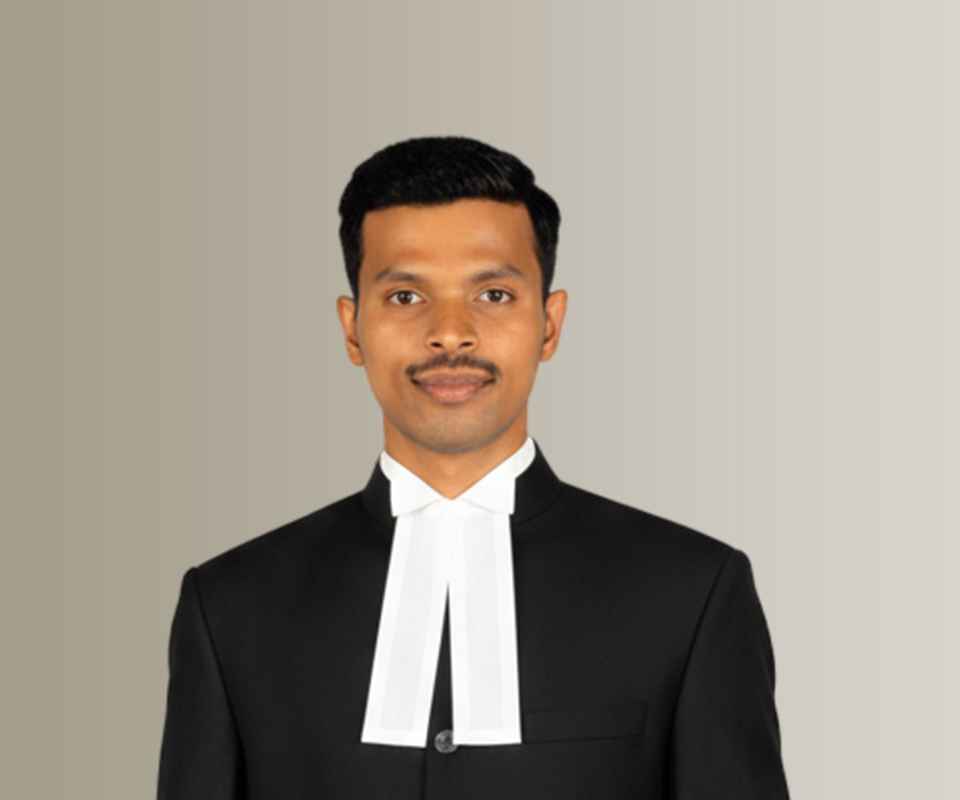Answer By law4u team
Bharatiya Nagarik Suraksha Sanhita, 2023 - Section 333: Authorities Before Whom Affidavits May Be Sworn
(1) Affidavits to be used before any Court under this Sanhita may be sworn or affirmed before—
- any Judge or Judicial or Executive Magistrate; or
- any Commissioner of Oaths appointed by a High Court or Court of Session; or
- any notary appointed under the Notaries Act, 1952.
(2) Affidavits shall be confined to, and shall state separately, such facts as the deponent is able to prove from his own knowledge and such facts as he has reasonable ground to believe to be true, and in the latter case, the deponent shall clearly state the grounds of such belief.
(3) The Court may order any scandalous and irrelevant matter in the affidavit to be struck out or amended.
Brefe Detail
Section 333 of the Bharatiya Nagarik Suraksha Sanhita, 2023, outlines the authorities before whom affidavits can be sworn for use in Court. It specifies the types of officials who can witness these affidavits and establishes guidelines for the content of the affidavits, including the necessity of stating the deponent's knowledge and beliefs. Additionally, it grants the Court the power to amend or strike out irrelevant or scandalous content.
Question & Answers
Q1: Who can witness affidavits according to this section?
A1: Affidavits may be sworn before any Judge, Judicial or Executive Magistrate, Commissioner of Oaths appointed by a High Court or Court of Session, or any notary appointed under the Notaries Act, 1952.
Q2: What must an affidavit include?
A2: An affidavit must state separately the facts the deponent can prove from personal knowledge and those they believe to be true, along with the grounds for such belief.
Q3: Can the Court alter the content of an affidavit?
A3: Yes, the Court may order any scandalous and irrelevant matter in the affidavit to be struck out or amended.
Q4: What is the purpose of stating grounds for belief in an affidavit?
A4: Stating the grounds for belief ensures transparency and provides a basis for the claims made in the affidavit.
Example
1. A deponent swears an affidavit before a notary, stating facts they know personally and those they believe to be true regarding a legal matter.
2. If the affidavit contains irrelevant information, the Court may order that portion to be removed to maintain focus on pertinent facts.
Summary
Section 333 of the Bharatiya Nagarik Suraksha Sanhita, 2023, establishes the authorities before whom affidavits can be sworn, stipulates the necessary content for these affidavits, and empowers the Court to amend or remove inappropriate material. This section aims to ensure the integrity and relevance of affidavits used in legal proceedings.







